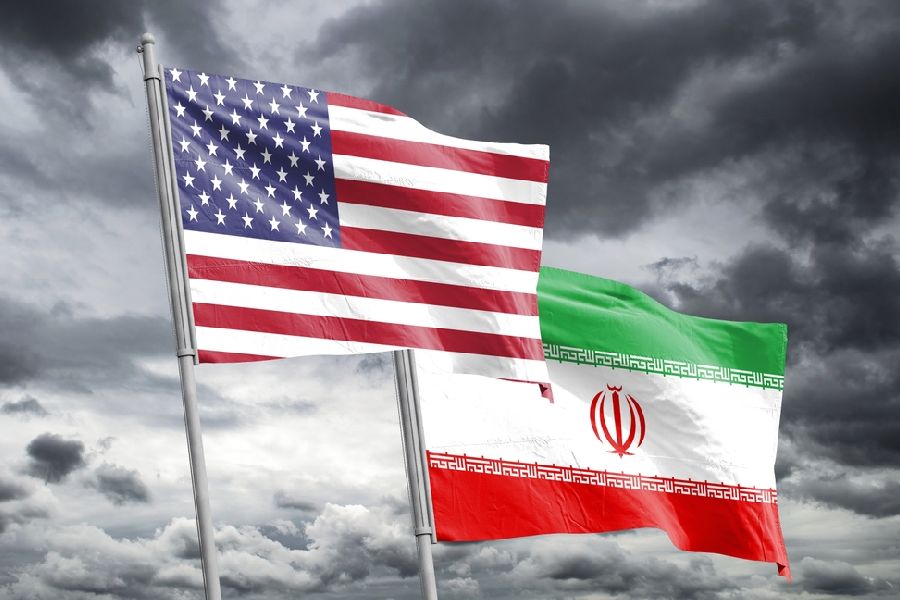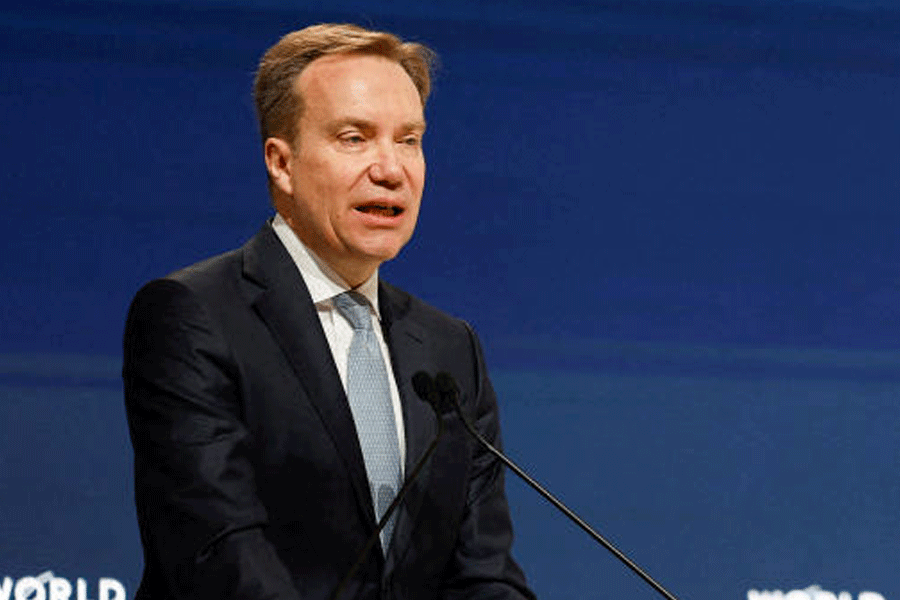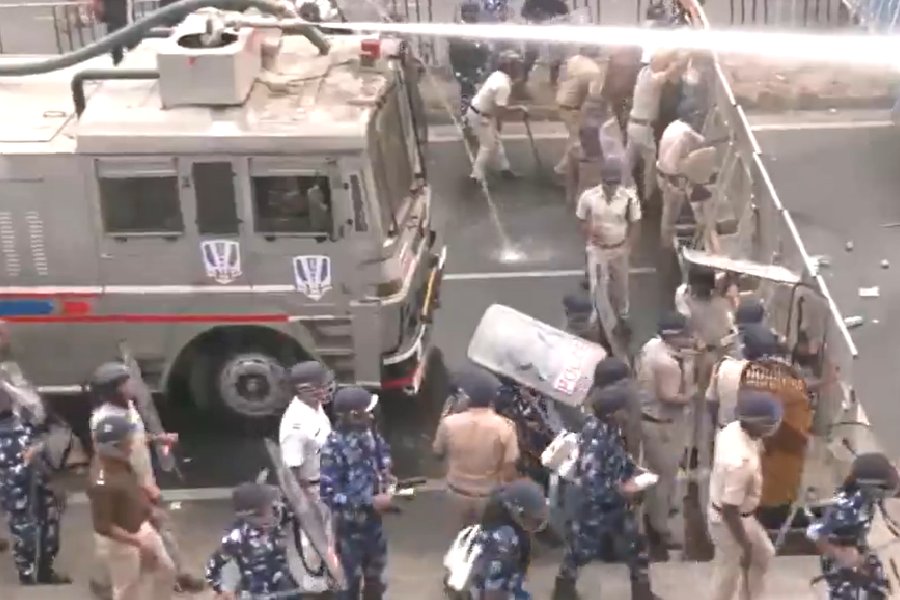 |
New Delhi, Dec. 19: The Joint Parliamentary Committee (JPC) blamed top officials of the Unit Trust of India (UTI), Industrial Development Bank of India (IDBI), and the finance ministry, for their failure to stem the rot at the country’s largest mutual fund which was forced to suspend sales and repurchases in its flagship US-64 scheme last June.
The report also categorically blamed the finance ministry, saying it should have persuaded the government to intervene in the affairs of UTI, keeping in mind the interests of small ordinary unit holders whose investments were in danger of being eroded. “They ignored the fact that the purpose of UTI was to serve the interest of unit holders, especially unit holders of small means.”
Investigations of UTI’s ‘fund-management’ and ‘transactions’ revealed that ‘the investment decisions in UTI were not in accord with the investors’ interests. “Some transaction decisions were not taken by the fund managers but by the chairman and executive directors in violation of UTI’s own guidelines,” the report reveals and recommends that action be taken against errant officials.
The report also exposes the nexus between a corporate promoter, rogue traders acting on behalf of the promoter, broker directors on CSE and officials of Stock Holding Corporation of India Limited (SHCIL).
Unit Trust ran into rough weather last year after a cash shortfall saw it unable to meet redemption pressures which led to a freezing of sales and repurchases on units issued by the flagship fund—US-64. This triggered off a chain of events that revealed shady investment decisions taken by former UTI chairman P. S. Subramanyam and his subsequent arrest.
“The present state of affairs in UTI is a consequence of the negligence of its principal contributor IDBI (the guarantor of UTI), the concentration of power in the post of chairman without adequate checks and balances to prevent its misuse...and inertia in the ministry of finance which undermined a public financial institution by directing its investment and lending decisions in favour of dubious private sector promoters.”
“The crisis also reflects the unwillingness of the UTI management and the government to make the necessary legislative and organisational changes to restructure the institution and bring it under the capital market regulator. Successive governments very well realised that UTI had to be revamped to keep pace with change but did not take effective measures on this front,” the report reflects.
In August this year, the government bifurcated the fund into two parts—UTI-I and UTI-II—and provided a Rs 14,500-crore bailout package to meet possible liabilities from its assured return schemes comprising UTI-I, while UTI-II would in due course “be professionalised and eventually privatised.” The JPC also struck down IDBI’s claim that the fund fixed the interest rates on its ‘assured returns’ schemes without its consent.
“The board of UTI which sanctioned these schemes in violation of market regulators guidelines comprised the chairman and managing director of IDBI and an executive trustee appointed by IDBI. The FI should hold its appointees responsible.”
The committee also voiced concerns on the equity holding of Life Insurance Corporation (LIC) and State Bank of India’s in the recently formed asset management company which will commence operations with a paid-up capital of Rs 10 crore.
“As both LIC and SBI have in the past sponsored their own mutual funds, there will be a conflict of interest and thus the need to separate themselves from UTI,” the report suggests.
The JPC also recommended that UTI-I be run by independent and professional fund managers preferably from UTI-II through a fee-based arrangement. UTI-II has about 50 per cent of the mutual fund industry’s exposure to the equity market and most investments are in high quality assets. “The committee recommend that a suitable system be devised so that such equity holdings of UTI-I and UTI-II are divested together to enable investors reap maximum benefits,” the report concludes.











